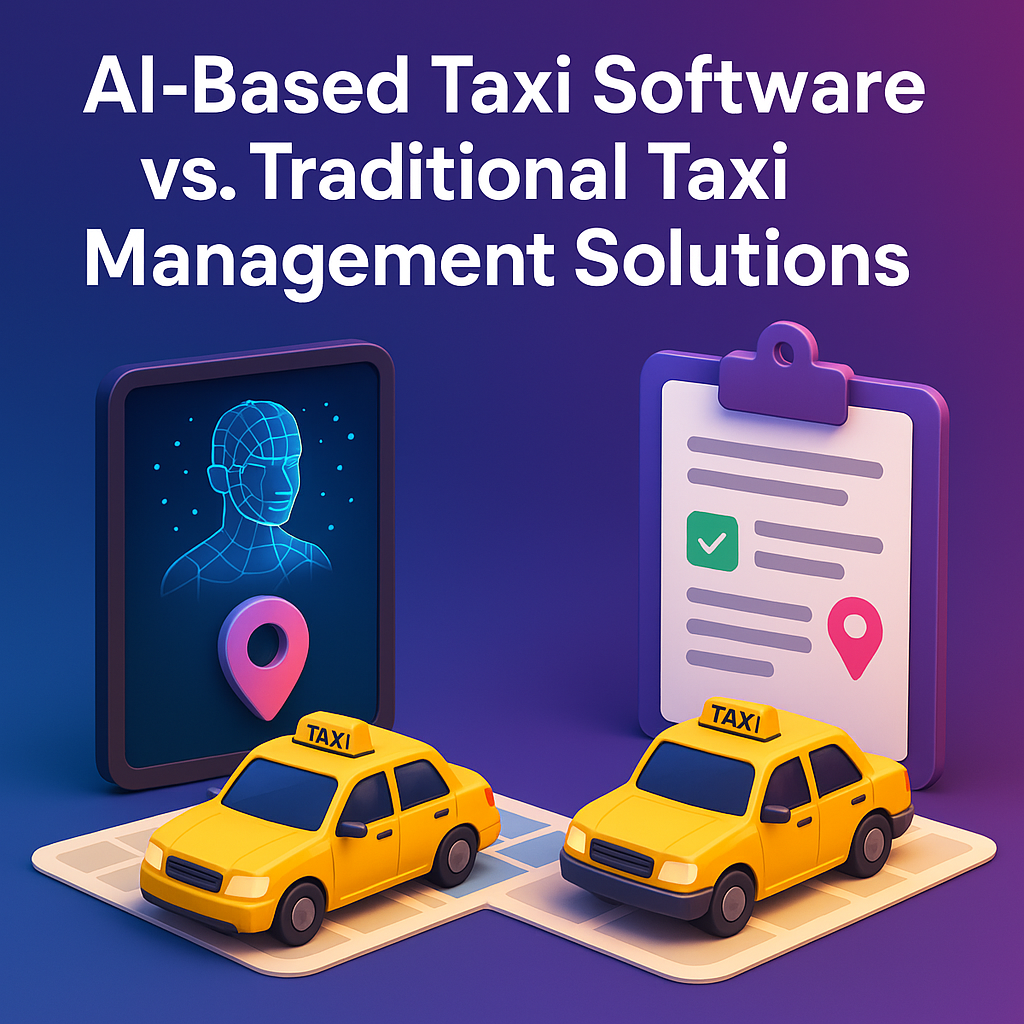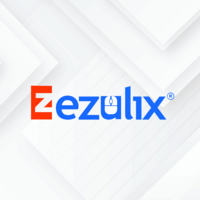AI-Based Taxi Software vs. Traditional Taxi Management Solutions

Strong 8k brings an ultra-HD IPTV experience to your living room and your pocket.
Let's be real—taxi services have evolved significantly over the years. From picking up a cab from the street to ordering a ride with a touch of an app, how we move around is changing at a speed we have never seen before. Behind this revolution is the change from conventional taxi administration to AI-based cab booking software. So what really distinguishes them? And why are even more companies now moving towards smart taxi booking systems?
Here's a deep dive into what's really going on.
1. Technology: Static vs Smart
Old taxi booking systems were designed for straightforward use cases—send a driver out, allocate a ride, finish the trip. These systems did fine, but they weren't designed to grow or evolve. They were based on manual entry, human dispatchers, and static algorithms.
Taxi-booking software with AI, meanwhile, is learnt through patterns. It's dynamically optimised real-time routes, anticipates demand based on past data, and can even route drivers according to behaviour, rating, or traffic forecasting. It's not only "book a ride" anymore—it's intelligent decision-making in motion.
2. Customer Experience: Standard vs. Personalized
With conventional cab booking platforms, all riders basically had the same experience. There was no space for customisation. AI-powered platforms, on the other hand, learn from user behaviour. Regular rider? You may receive tips for favourite pickup locations. Late-night riding? You may be auto-matched with highly rated drivers for enhanced safety.
AI is making the customer journey smoother, quicker, and more intuitive. It's the kind of subtle magic that brings customers back.
3. Operations and Efficiency
In traditional systems, there was usually a dispatcher at the heart of the operation—answering calls, managing drivers, and resolving on-ground problems. It did its job—but up to a point. Under heavy loads, especially during peak hours, such systems routinely came under pressure.
Modern taxi booking software automates most of this. Dynamic pricing, predictive ETAs, automated dispatch—all powered by algorithms that adjust in real time. It's like having a full team of analysts working in the background 24/7.
4. Maintenance and Scalability
Traditional solutions are harder to scale. Need to expand to a new city? That might mean new infrastructure, manual system updates, or additional dispatch staff.
AI-powered cab booking platforms are designed to grow. Cloud-based, modular, and adaptable—they enable taxi companies to grow effortlessly without significant overhauls. Changes can be implemented remotely, new features added in a flash, and data synchronised across all touch points.
5. Cost and ROI
This is where things get really interesting. Conventional software tends to have a one-time licence cost and static functionality. You pay for what you get—nothing more.
AI-based systems might have a recurring cost, but they generate dynamic returns. Lower fuel expenditure (due to intelligent routing), improved fleet efficiency, lower customer complaints, and higher booking rates all translate to higher ROI. It's an age-old story of "spend smart, earn smarter."
AI Features Trending Currently
Wondering which features are designing the taxi services of the future? Here are a few trending ones:
• Real-time traffic analysis guarantees the quickest route each time.
• Anticipate where and when bookings will surge—particularly useful for the duration of events or inclement weather.
• Imagine Alexa or Google Assistant integration.
• AI monitors acceleration, braking, idle time, and more—for safety and fuel economy.
• Customised offers and points programme based on rider behaviour.
Final Thoughts
The distinction between old-school taxi management and new AI-powered cab booking software is not technical—it's philosophical. One is reactive, the other proactive. One operates on rules, the other on patterns. And as customer expectations continue to rise, it's the smarter systems that will propel the future.
If you're still using antiquated taxi booking software to manage your fleet, perhaps it's a good moment to question yourself: is your system merely functioning, or is it functioning for you?
Note: IndiBlogHub features both user-submitted and editorial content. We do not verify third-party contributions. Read our Disclaimer and Privacy Policyfor details.


